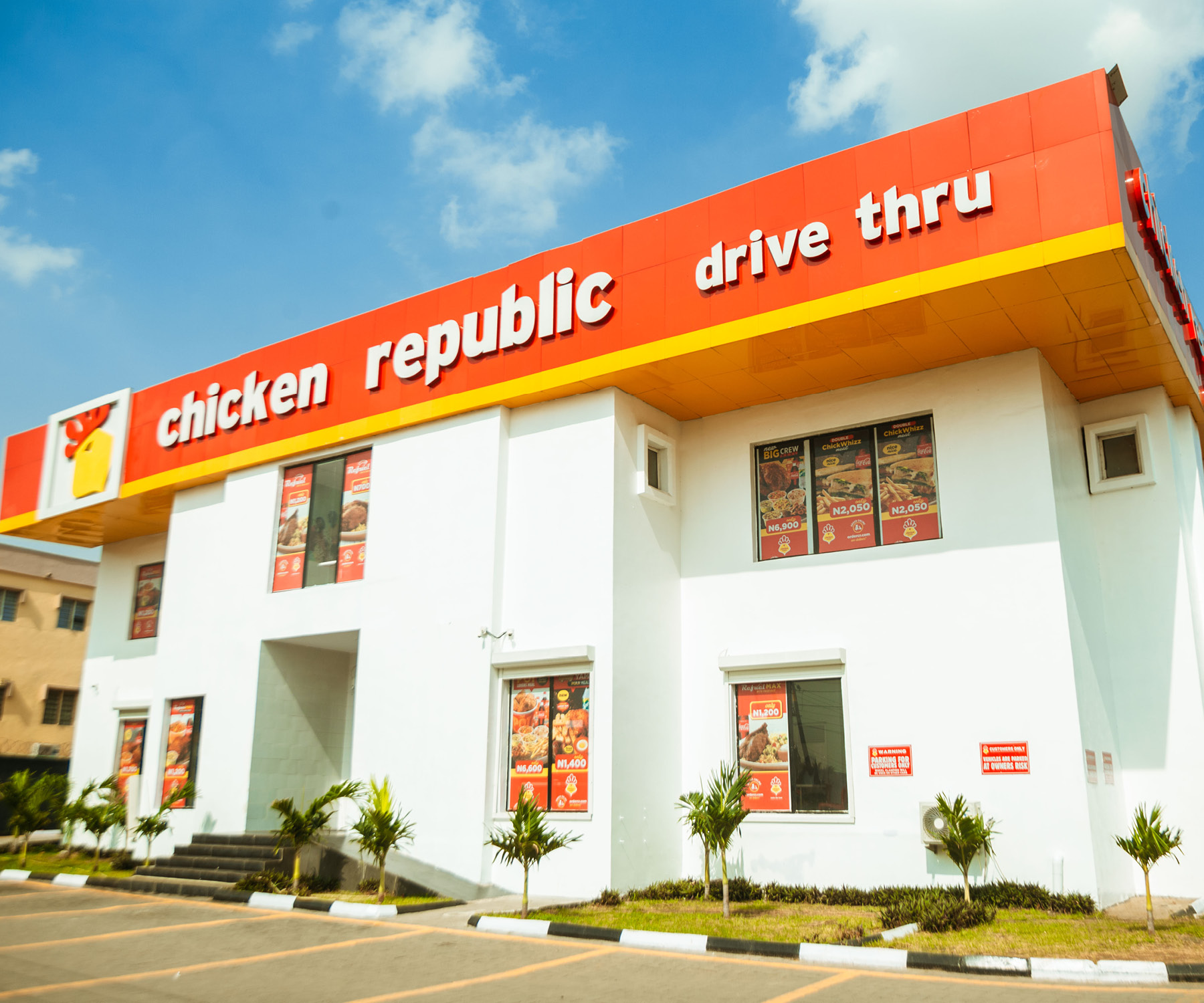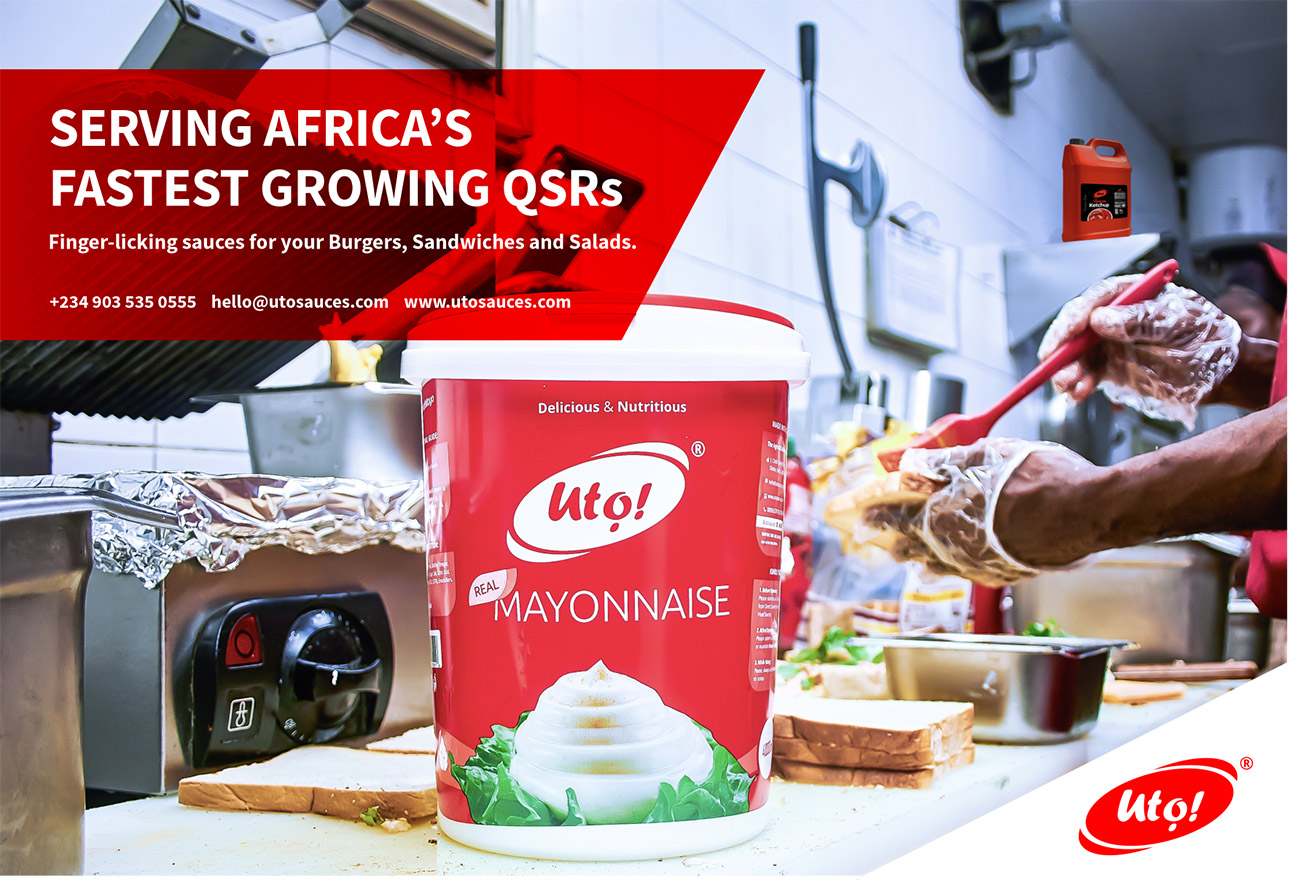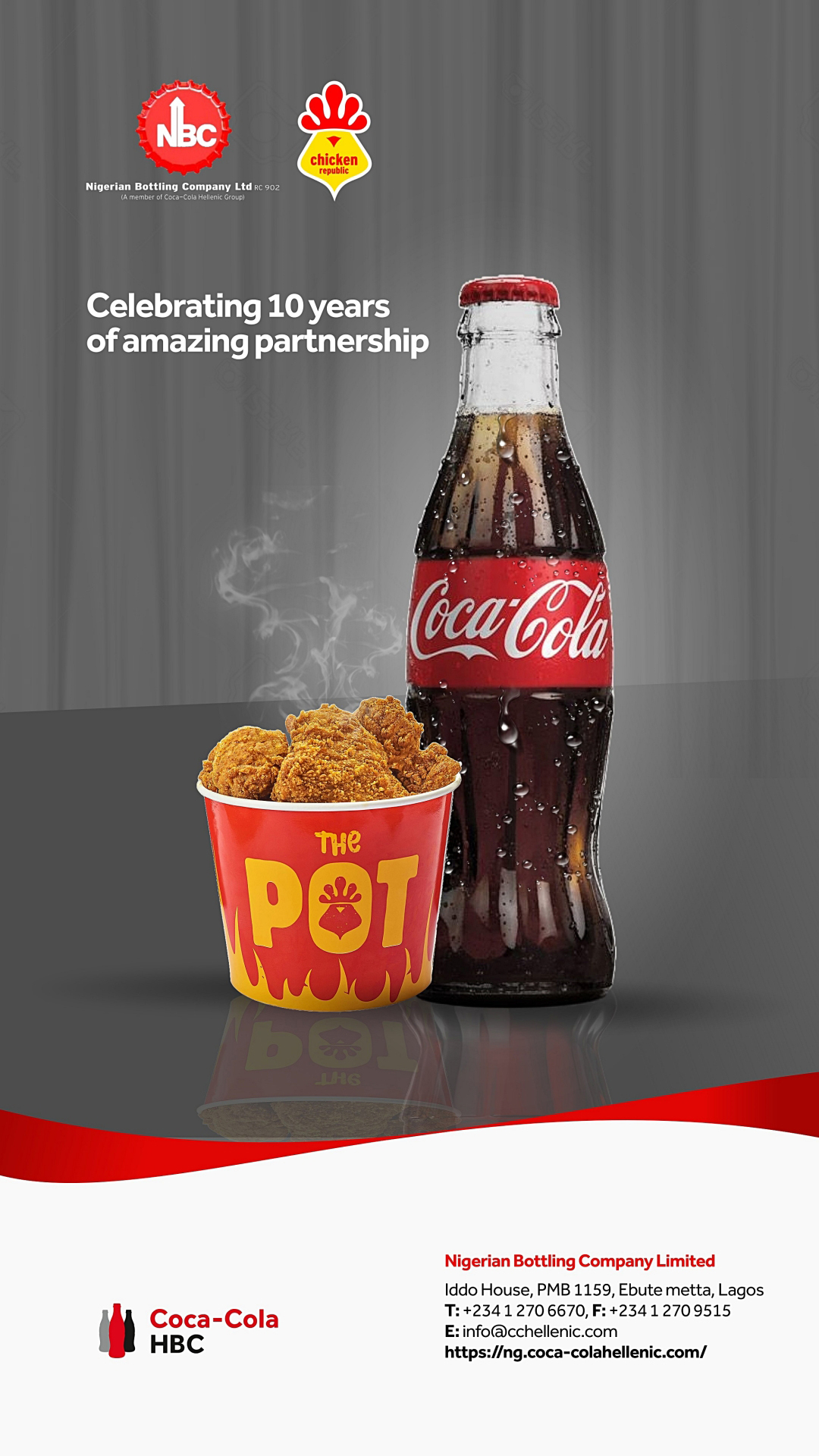At Food Concepts, the quick service restaurant (QSR) operator of three homegrown Nigerian brands – Chicken Republic, PieXpress and The Chop Box – the highest priority is always its employees.
“Our business is nothing without the people who operate and manage it,” Managing Director and CEO Kofi Abunu tells The CEO Magazine.
“One of the key areas that we focus on is people capability. We do our best to offer core training and other opportunities, such as ongoing training programs that take place to look at the latest managerial processes and technology.”
Indeed, Abunu credits the employees with Food Concepts’ immense success. “We are the most loved quick service restaurants and baked good brands across West Africa,” he enthuses.

“As demographics change within the market, the business model changes as well.”
Abunu experienced firsthand the training and development opportunities available to staff while working for such market giants as McDonald’s and Nando’s in the United Kingdom, when he was appointed Divisional Managing Director of Food Concepts in 2017 (having been with the company since 2007). He then wasted no time turning his attention toward the staff.
He was promoted to Managing Director and CEO in 2022. “I saw a lot of opportunities, not just from sales and profits, but from a people-development perspective. For instance, offering employment and creating job opportunities and career paths for employees, where they could develop into managerial roles after having started as a junior member of the team,” he explains.
“I’ve seen this definitely in the Western world from working with brands like McDonald’s, and it’s something that we would like to replicate in this region as well.”
Changing Tastes
Across the globe, how people approach QSRs is continually changing, thanks to several factors including an oversaturated market and ever-fluctuating consumer trends. “As demographics change within the market, the business model changes as well,” Abunu says.
“QSR has moved from being a treat where people intentionally go out as if they were going to a fine dining restaurant, to now becoming a convenience,” he says, adding that it’s a shift he welcomes.
“It has been good to see that progression after so long and that’s something that has informed a large part of our growth.”
In 2018, Food Concepts began aggressively expanding, growing from 46 outlets to now more than 300 across Nigeria and Ghana. And this success looks set to continue.
“We see great potential to grow the brand across West Africa and hopefully start taking it into other countries outside of the continent like the United Kingdom, the United States and Canada,” Abunu says.
“We’ve been inundated with a lot of interest in the franchise, but we’re taking our time and making sure that if we go in there, we go in with the right model and the right strategy in order to make it a success.”
Reframing the View
While Abunu concedes that the past few years haven’t been straightforward, due primarily to the COVID-19 pandemic, he does believe that Food Concepts emerged from this turbulent period stronger than ever before.
“The pandemic was quite traumatic for many businesses,” he says. “But by the time the pandemic happened, Food Concepts had placed itself in a position where it did not retrench any staff, but rather paid its staff full salaries.”
In another positive development, he explains that the crisis also offered an opportunity to drive its ecommerce business.
“It was good to see it move from an area that already contributed maybe 1–1.5 percent to our revenue to as high as 10 percent of our revenue.”

“We have positioned ourselves as an affordable value brand serving quality meals at good price points.”
By reframing its business model to incorporate more technology, Food Concepts found that it was able to maximize efficiency and appeal to an additional consumer demographic.
“The pandemic was an opportunity to educate the market about online deliveries and online services, making it more convenient for customers,” Abunu says.
“I think we took advantage of that to make sure that our customers could have access to our products. We also looked at how we could diversify and make ourselves more relevant.”
This is particularly important given the current socio-economic climate.
“The last two years have been quite tough, not just for businesses, but for everyone. Disposable incomes have been tight. So we have positioned ourselves as an affordable value brand serving quality meals at good price points.”
Open Communication
Abunu explains that Food Concepts is constantly looking for fresh and innovative ways to utilize the resources and expertise of its suppliers, ultimately improving efficiencies as a result.
“Suppliers are key, and building that continuous relationship and teaching them how to add more value to our business as we add to theirs is crucial.”

“One of the key areas that we focus on is people capability.”
By fostering a transparent and dialogue-driven relationship, Abunu has found that mutually desirable outcomes for both parties are easy to achieve. “I make it a point to talk to some of our key suppliers on a monthly basis because of how the macroeconomic challenges have hit Nigeria,” he says.
“It’s important that we keep that communication open so that we get a better understanding of what production costs they’re incurring and what potential price increases we will have to incur as well. Also, to look at other avenues in terms of what could we do to achieve the same quality and cut out waste as well.
“In turn, I receive a lot of insight because they visit a number of my sites in a number of regions, maybe more than I do,” he says with a laugh. “It’s good to get that third-party feedback.”
With major partners including fast-moving consumer goods food suppliers The Agric&Culture Company, El-Nupan Global Services Company and Nigerian Bottling Company, Food Concepts arranges regular discussions to guarantee that its suppliers are on the same page.
“We have several meetings quarterly just to see, from both sides, how they can best support us and how we can best support them as well,” Abunu says. “We also meet to look at strategies, what our plans are for the future and what they will need to do to keep up with us, especially our expansion plans.”
Consistency Rules
Given the impressive rate with which Food Concepts has grown over the last few years, being able to rely on consistency with high-quality suppliers is essential.
“We are a business that is expanding aggressively, and we’ve opened more than 150 shops over the last three years with the same contractors we started out with back in 2018. It is important for us to pass on learnings and ensure that they have a clear understanding of the standards that we want – and that they were willing to provide those standards,” he explains.
“We have suppliers, like our vegetable growers, that have been with the company since 2007 and are still supplying us today.”
He enjoys seeing those types of businesses grow as the result of their relationship.
“It’s been exciting to partner with farmers, chicken suppliers and go direct to the source and see how we can help support their business. We’ve offered our services from our quality assurance departments, visiting those locations and advising on processes and systems that could be put in place.”
When it comes to what Abunu believes sets Food Concepts apart from its competitors, he says it can be distilled into one word: consistency.

“We have suppliers, like our vegetable growers, that have been with the company since 2007 and are still supplying us today.”
“It’s consistency in the value that we offer customers in terms of price and quality of product,” he explains. “It is difficult to find a QSR at our level offering the type of menu and the type of products that we serve at this price point. We’ve got quite a number of QSRs within the Nigerian market, but they’ve all had challenges competing with our brand in terms of price point and the service levels that we deliver that at.”
Looking to the future, Abunu says he’s excited by the abundance of this market’s potential, and the extent to which Food Concepts can continue to grow and evolve its offerings, especially across West Africa.
“The market does have its challenges from an infrastructural point of view, but there are ways around this,” he says. “Any business that comes into this market has to focus on the people first and see exactly what products suit them. Then, it’s a case of working out the most convenient way to distribute those products.”







